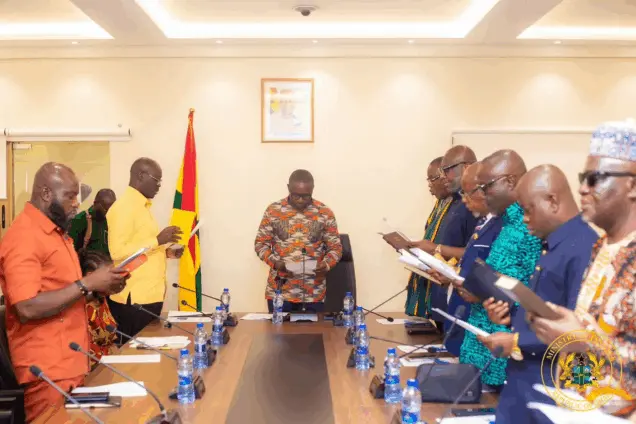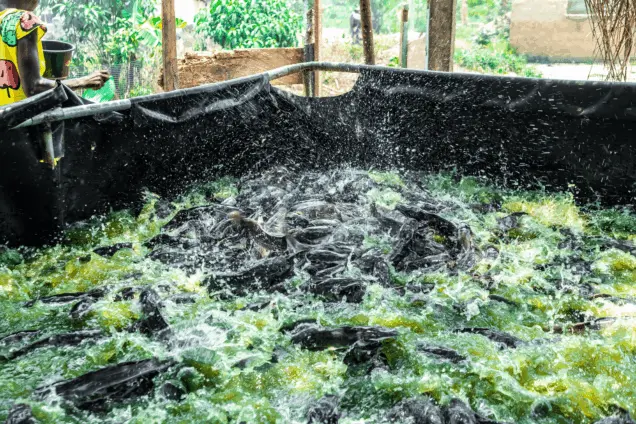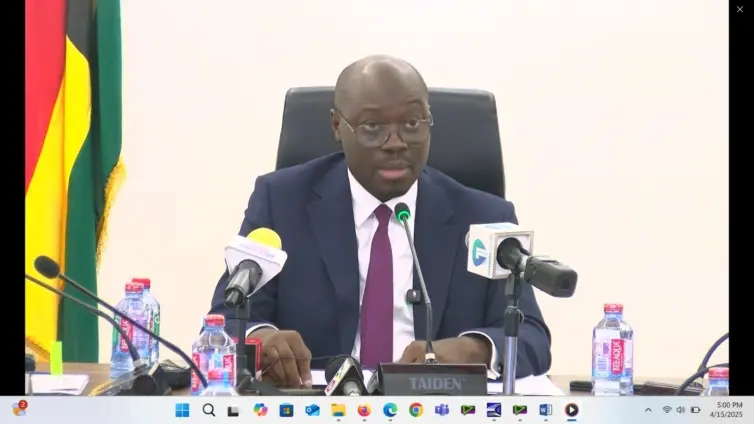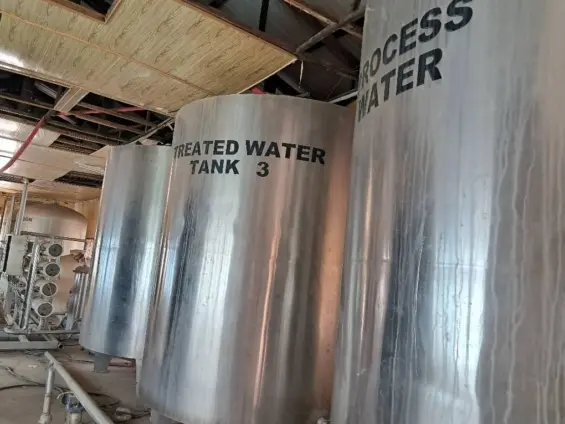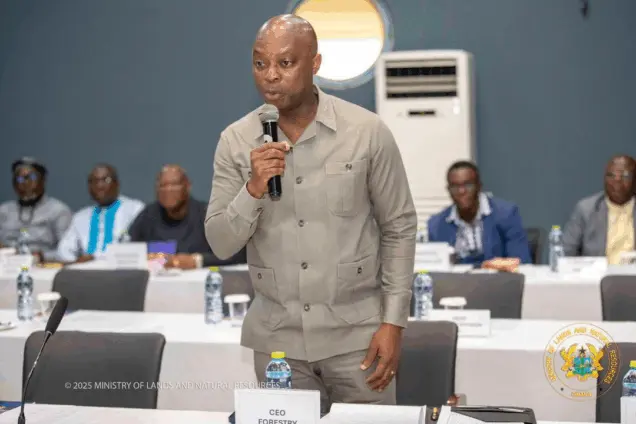Accra, Ghana – Ghana’s cocoa sector, historically a pillar of the nation’s economy, is currently grappling with significant challenges. A newly inaugurated 11-member Board of Directors for the Ghana Cocoa Board (COCOBOD) is now tasked with the weighty responsibility of reversing these fortunes and restoring the sector to its former glory. The stakes are high, with the livelihoods of countless cocoa farmers and the overall health of the Ghanaian economy hanging in the balance.
Chaired by Dr. Samuel Ofosu Ampofo, the newly appointed board has pledged to address critical issues plaguing the Ghana Cocoa Board, including declining production, the proliferation of diseased farms, and allegations of mismanagement. The board’s central mission is to reset the organization and restore its vital role in the nation’s economic ecosystem.
The inauguration ceremony was attended by key figures in Ghanaian politics and agriculture, signaling the government’s commitment to supporting the Ghana Cocoa Board in its revitalization efforts.
The Inauguration of the New COCOBOD Board
The inauguration brought together prominent figures, including Energy Minister John Jinapor, Finance Minister Dr. Cassiel Ato Forson, and Dr. Johnson Asiama, underscoring the importance of the Ghana Cocoa Board’s success to multiple sectors. Minister Jinapor, during the ceremony, reflected on the past strength of the institution while acknowledging its recent decline. “While the institution was once a shining symbol of Ghana’s economic strength, recent years have seen a worrying decline,” he stated, expressing confidence that the new board would reverse this trend.
He highlighted the concerning drop in cocoa production from a peak of 1 million metric tonnes to approximately 500,000 metric tonnes, emphasizing the urgent need for intervention. The new board’s composition reflects a multi-faceted approach, drawing on expertise from various fields to address the complex challenges facing the Ghana Cocoa Board.
Finance Minister’s Vision for COCOBOD
Dr. Cassiel Ato Forson, the Finance Minister, brings prior experience with the Ghana Cocoa Board to his new role, offering a unique perspective on the challenges and opportunities within the sector. A recent legislative change now mandates the inclusion of both the Finance Minister and the Governor of the Bank of Ghana on the COCOBOD board, reflecting the government’s commitment to closer financial oversight and strategic alignment.
Dr. Forson outlined ambitious plans to introduce plantation farms and acquire 200 hectares of cocoa land, with the goal of restoring production levels to 1 million metric tonnes. Addressing the issue of diseased cocoa farms, particularly in the Western Region, is a top priority. According to Dr. Forson, cocoa remains the “jewel of the economy,” and the Finance Ministry is fully committed to providing the necessary support to the Ghana Cocoa Board to achieve its objectives.
The Minister’s presence on the board underscores the government’s determination to ensure the Ghana Cocoa Board operates efficiently and effectively, contributing significantly to the nation’s economic growth. He hopes the measures put in place will see the Ghana Cocoa Board return to its previous place of prominence.
Board Chairman’s Pledge to Transform the Cocoa Sector
Dr. Samuel Ofosu Ampofo, the newly appointed Board Chairman, expressed his appreciation for the President’s confidence in his leadership. He pledged to lead a transformational agenda, envisioning a complete overhaul of the Ghana Cocoa Board’s operations. His vision is to “reset, retool, and reimagine” the institution, fostering a culture of innovation and efficiency.
In a call to action, Dr. Ofosu Ampofo urged political leaders to engage in farming, aiming to inspire the youth and promote greater participation in the agricultural sector. This initiative seeks to change perceptions surrounding agriculture and encourage young people to view it as a viable and rewarding career path.
Key Challenges Facing the New COCOBOD Board
The new COCOBOD board faces a multitude of challenges, including:
- Declining cocoa production, a major concern for the Ghanaian economy.
- Widespread cocoa diseases, particularly affecting farms in the Western Region.
- Historical mismanagement of resources, requiring improved governance and accountability.
- The need to attract younger generations to cocoa farming, ensuring the long-term sustainability of the sector.
What Does This Mean for the Future of Ghana’s Cocoa Industry?
The initiatives undertaken by the new board have the potential to significantly impact the future of Ghana’s cocoa industry. Strong government support and collaboration among stakeholders are crucial for success. While challenges remain, there is a cautiously optimistic outlook for the future of the cocoa sector, provided the board’s plans are effectively implemented and sustained.
The revitalization of the Ghana Cocoa Board is not only vital for economic growth but also for the well-being of countless cocoa farmers and their families.
With a blend of experienced leadership and innovative strategies, the new COCOBOD board aims to restore Ghana’s cocoa industry to its former prominence, ensuring its continued contribution to the nation’s economic prosperity. The success of these initiatives will be crucial for the livelihoods of countless farmers and the overall health of the Ghanaian economy.
Image Source: MYJOYONLINE

